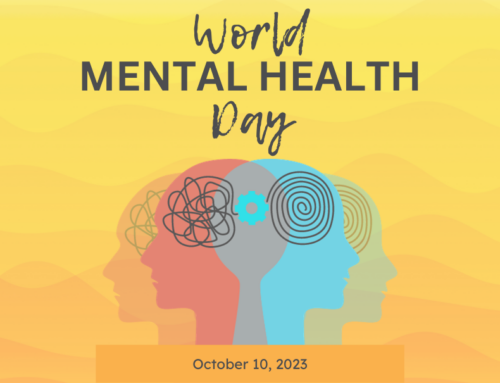While the tech world embraces AI wholeheartedly, the recruiting side of the industry is already familiar with its pitfalls. Back in 2018, Amazon was forced to abandon an AI-powered resume screening tool because it was trained on data from an era where men dominated the tech industry, leading the tool to downgrade women in the applicant pool. Another study from 2022 discovered that AI resume scoring often focused on irrelevant quirks; for instance, the exact same resume would receive a different “personality score” based on what file format it was submitted in. In some ways, it’s not surprising: AI “learns” from the past data it’s fed, making it highly likely to replicate previous biases (even ones that human recruiters might not consider, like file formats).
Now, it’s not just resume analysis but the resumes themselves that are coming up against AI. Bot-generated resumes are becoming common, raising both ethical and practical questions for hiring teams. How can your team spot these AI-penned resumes, and what happens next?
The biggest thing not to do: feed a resume into an AI bot, like ChatGPT, and ask if the bot wrote it – like one professor apparently did with his students’ essays, resulting in plagiarism accusations and national headlines. Remember: AI chatbots don’t actually “know” anything. They simply sift through existing data to generate “most likely” answers, which means they are effectively useless as plagiarism or AI detectors (although there are some reported AI detection tools on the market, with varying degrees of success).
A few general traits might hint that a resume is AI-generated, such as generic and formal language, a lack of specificity in details, repetition, and a lack of discernable personality. Although they’re not guarantees, these factors can at least raise the possibility of an AI-generated document. So, if you do have one of those in front of you, what should you do?
How Important Is AI Usage?
When a resume suspected of AI usage appears, it’s a question of how much weight your team puts on this possibility. Consider questions such as:
- Is the role ethics-heavy? All jobs require a baseline of integrity, but many IT and cybersecurity jobs require much more sensitive, nuanced handling than others. In these fields, it’s more of a red flag to see an AI-generated resume, as it might speak to a candidate’s ethics. Likewise, a role that requires adhering to specific ethical guidelines might not be the best fit for a candidate who is willing to use an AI-generated document as a representation of themselves.
- What level is the role? An AI-generated resume is less likely to be acceptable in a higher-level role. In higher-stakes positions, you need to know that the individual in question has all the skills necessary to succeed and doesn’t rely on tech to fill in the gaps. For an entry-level position, however, the effort it takes to filter AI resumes might not be worth the upside.
Evaluating Candidates Beyond the Resume
Another way to offset worries about AI-generated resumes is to allow other aspects of the hiring process to shine. Even without AI in the mix, resumes should only be one component of evaluating candidates. Now, these other aspects are even more critical for determining if someone is a good fit. These include:
- Review cover letters: If a resume is AI-generated, it’s more of a yellow flag than a red one; a resume mostly just arranges factual information. A cover letter, however, should be a writing sample and a personal introduction from the candidate. Its format may make it easier to spot AI “style,” and an AI cover letter raises more questions about a candidate’s communication skills and honesty.
- Focus on practical skills. Many IT and cybersecurity roles may require looking at past work samples or evaluating “hard” skills. These exercises can provide clearer insights into candidates’ abilities without the threat of AI – just make sure they’re not using AI for something else, like code generation.
- Ask more behavioral and scenario questions: The behavioral questions in an interview have always been a great way to go beyond a resume’s brief descriptions. Hearing more about candidates’ responses to certain situations can give more useful insights into their thought processes. It’s a chance to separate top talent and transformative leaders from those whose resume looks impressive but is somewhat superficial.
- Consider cultural and personality fit. AI can’t generate a candidate’s demeanor, priorities, or interpersonal interactions during the recruiting process. Pay attention to these interactions, and check in with their references to get a better idea of what the person is like, not just what their resume describes.
AI is here to stay, at least to some degree, so recruiters and hiring managers will have to find ways to identify the true standout talent, even underneath AI-generated chatter. Fortunately, we already have the tools and techniques to do so. We just have to take the time to prioritize human interactions and spend a little more energy looking at the details to truly separate the would-be superstars from those getting by with a little help from AI.
By Daniel Midoneck






